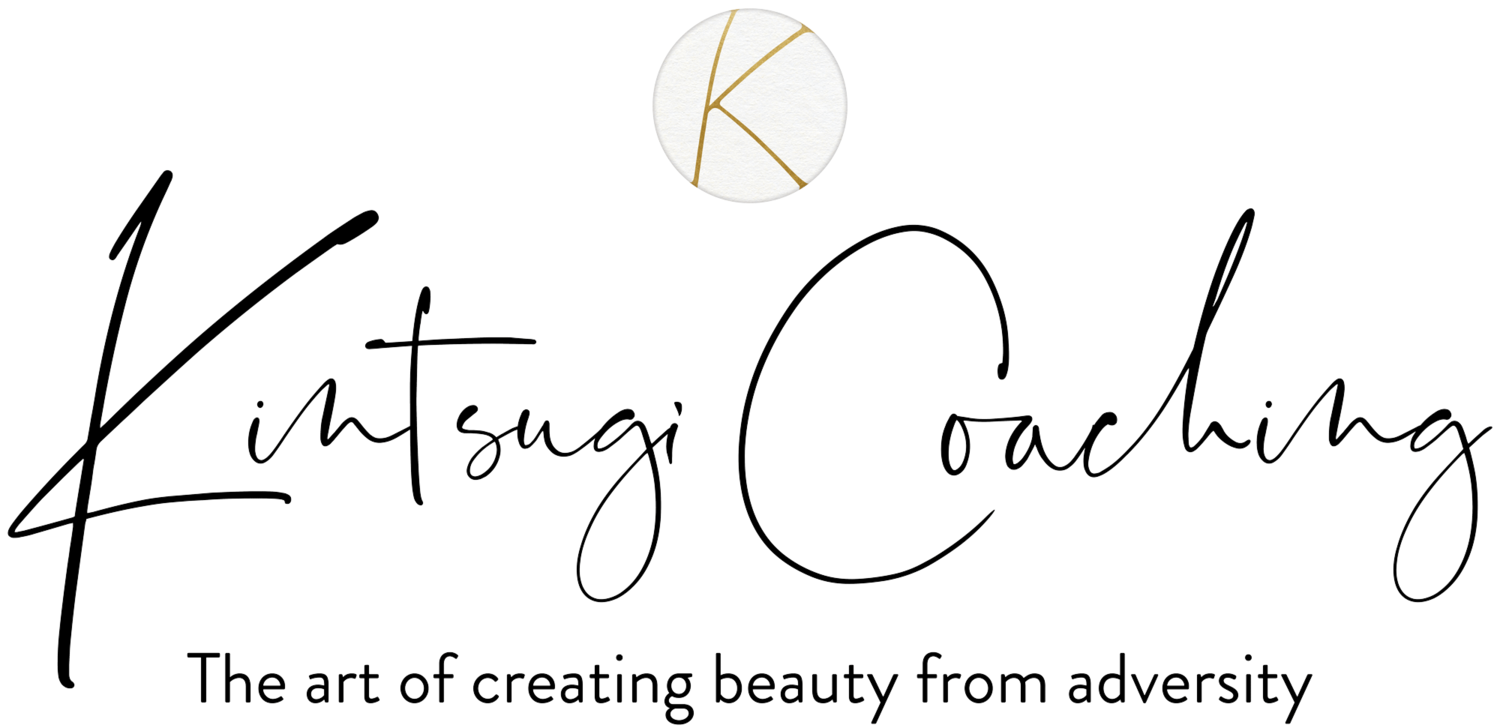Are You Spiritual But Not Religious?
THE GREAT UNCHURCHED
You’ve heard someone say it. Heck, maybe you say it. “I’m spiritual but not religious.” But what the heck does that really mean?
On the surface, “Spiritual But Not Religious”(or SBNR for short) delineates one who claims no affiliation with a particular spiritual dogma. People who identify as SNBR are sometimes referred to as “Spiritually Independent,” or my personal favorite, the “unchurched.” (Is this a noun? Verb? Adjective?)
SBNR says, “I’m not an atheist, but neither do I fit in a neat, well-defined box.” It says something, but not much. One never really knows what a person is saying when they say they are SNBR; it can prove a very interesting conversational rabbit hole to explore. Sometimes the rabbit hole is elaborate and deep, sometimes it is quite shallow. One never knows.
Let’s start with what SBNR is not: It is not donning crystals, buying every self-help book published, or paying for expensive retreats to Sedona to sit in an ersatz sweat lodge. These things may be part of one’s spiritual journey but they do not, in and of themselves, make one spiritual. In fact, they can often lead one down the slippery slope of spiritual materialism, which belongs more to the ego than to spirit and is a very shallow hole indeed.
SHAMAN VS. SHAM-MAN
Case in point (and a brief digression/rant): I don’t know about you, but I’ve noticed a wild proliferation of “shamans” in certain circles. I had a 30-year-old, wealthy, white person tell me that he is a shaman. This because he took a multi-thousand dollar course from someone who turns out shamans like bagels in his “shaman school.” Said profiteer takes out huge advertisements in spiritual magazines. (“Do you want to be a shaman? Take my super-expensive 8-week course!“) This obviously for-profit venture appeals to spiritual materialists and frankly, it makes me rather queasy. It’s brazenly bizarre.
How does this relate to my point? Thusly: This example is spiritual materialism writ large. It has everything to do with ego and very little, if anything, to do with a profound experience of the divine. Shamans are called by an internal voice. They must be identified as having the calling by an elder medicine person and they must train for many, many years. Sorry to burst any bubbles here, but you are not a shaman simply because you attend a six-week, fly-in, beat-the-drum-with-other-rich-people course. (And, by the way, there are multiple levels to this school [surprise!] and you really must take all of them [with hefty price tags] to get the full shaman experience.) And FYI: Real medicine people do not call themselves medicine people. They do not put SHAMAN on their license plates. They just are.
Now that that not-so-brief digression is over and I feel better, let us move on.
SPIRITUAL, NOT STARBUCKS
To be Spiritual-But-Not-Religious is to be open to transcendent reality, meaning a belief or awareness of a reality beyond the five-sensory world. It holds that one is more than one’s body or mind or ego identity. It acknowledges the “beingness” of all things and believes that everything is an aspect of the One Thing: call it God, Spirit, the Universe, the Divine, Consciousness, or Love.
To be spiritual is to be in a conscious relationship with one’s deeper Self, with the earth, and with the soul of all things seen and unseen. This relationship has no codified directive, no particular modality of worship, no intermediary. It is a relationship rooted in an internal, intuitive, personal experience of the All-That-Is. One discovers what one believes, rather than steps into a ready-made theology. It’s rather like the difference between brewing coffee at home or going to Starbucks for a mocha frappuccino.
You may be wondering, and rightly so, whether a religious person can’t also be spiritual, and my answer is yes: by a different definition. If one defines “spiritual” as expressing values of kindness, compassion, and generosity, then yes, one can be religious (belonging to a particular faith) and spiritual.
US VS. ONLY US
But the emphasis of Spiritual-But-Not-Religious is on a uniquely personal journey of discovery of one’s relationship to the ineffable. Religious denominations have very specific creeds that one must accept in order to be part of that community. In other words, religion tells you what to believe. Moreover, many—and by many I mean all that I’m aware of—religions are outright exclusionary, believing their faith is the One and Only True Way. They have a world view of “us” and “them,” where the spiritual see only “us.” Exclusivity and spirituality are mutually exclusive.
Ultimately, whether you identify as SBNR, Muslim, Baptist, Druid or shaman, what matters is not what you are, but who you are. Actions speak louder than labels to anyone who’s truly listening. Anyone who is open-hearted, open-minded, and lives a life of loving-kindness, compassion, and generosity is, in my book, a True Human Being in the Church of Life.

